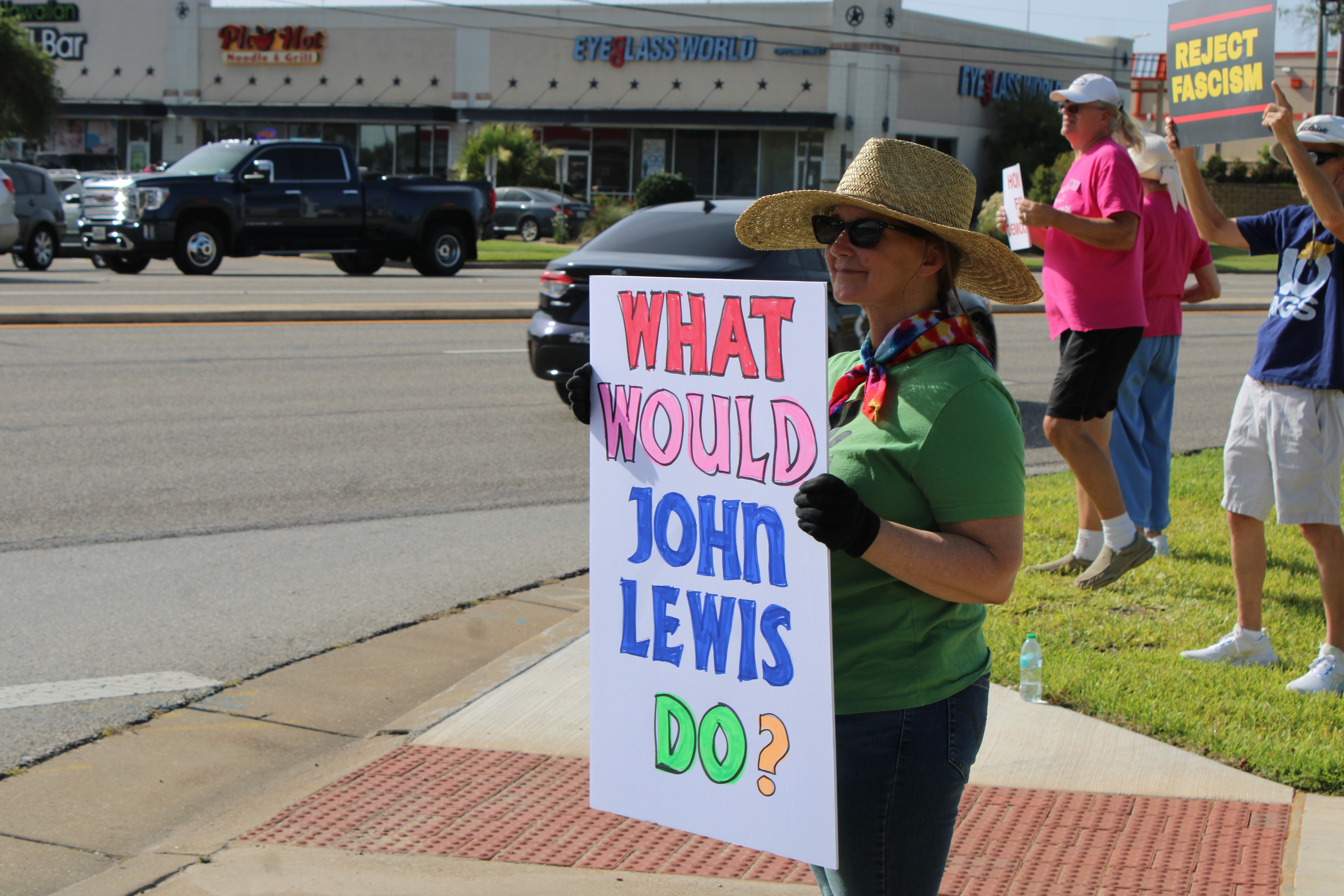Religious liberties must be protected
Published 10:54 pm Saturday, August 1, 2015
A recent Texas Supreme Court ruling had it mostly right; the city of Houston failed to respond properly to citizens opposing the overreach of the city’s Equal Rights Ordinance (HERO) — they collected enough signatures to put the issue on the ballot, but the city denied their petition. The court backed their petition, but it didn’t go far enough in protecting churches and businesses in Houston that have already run afoul of the city’s ordinance — in particular, pastors who were told to submit their sermons to City Hall.
A referendum is meaningless; cities cannot abridge anyone’s First Amendment rights, even with a majority vote. Rights do not come from referendums, or from government, but from God.
Trending
The sermons outrage — one belatedly but unrepentantly walked back by city officials — took place in 2014.
“Houston’s embattled equal rights ordinance took another legal turn this week when it surfaced that city attorneys, in an unusual step, subpoenaed sermons given by local pastors who oppose the law and are tied to the conservative Christian activists that have sued the city,” the Houston Chronicle reported on Oct. 14. “The subpoenas were issued to several high-profile pastors and religious leaders who have been vocal in opposing the ordinance.”
The subpoenas demanded “all speeches, presentations, or sermons related to HERO, the Petition, Mayor Annise Parker, homosexuality, or gender identity prepared by, delivered by, revised by, or approved by you or in your possession.”
It was a clear attempt to quash dissent about the ordinance — an attempt to chill the speech of pastors who opposed it on religious grounds.
The city backed down after the subpoenas sparked a national outrage, but was hardly apologetic.
“This is not about what anyone is preaching, this is not about religion, this is not about anyone exercising their religion… this is about the petition process,” Mayor Parker claimed. “We don’t want their sermons.”
Trending
The issue for the pastors in the HERO is one that’s becoming more and more familiar — particularly after the U.S. Supreme Court’s ruling on same-sex marriage. What is the right balance between allowing people to practice their faith, and preventing discrimination? Should Christian bakers, to cite a famous example, be compelled to bake a cake for a same-sex wedding? Can Christian schools choose not to hire homosexual teachers? Must property owners rent to same-sex couples?
Those pastors and others feel that HERO’s broadly written provisions would be used to compel what amounts to endorsement of homosexuality, at the expense of Christians’ (and Muslims’) free exercise of their faith.
Last week’s Texas Supreme Court ruling sided with those pastors, but only in ordering the petitions to be recognized. Sooner or later, courts will have to go further, and clearly defend religious liberties.
As Gov. Greg Abbott said of the ruling, “Freedom of expression can only exist once government removes itself from stifling free speech, repressing religious liberty and interfering with the lives of its citizens.”
Rights are recognized — not granted or won by a vote. That’s why a referendum in Houston’s ordinance will be meaningless.







